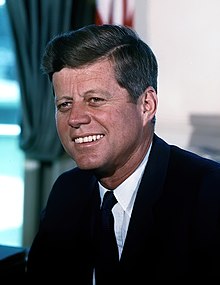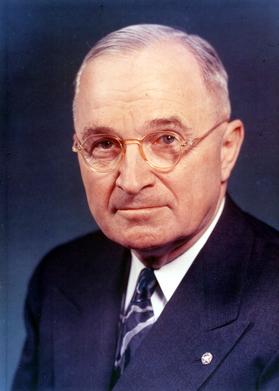 The aftermath of the Nixon Administration left many things in doubt, however, the growing conservatism of the nation was not one of them. As much as the Vietnam War forced America to re-evaluate its military role in the world, as much as student protests and the Hippie Movement brought forward a strong counter-culture awareness that belied the cookie-cutter/Leave It To Beaver simplicity of the 1950s, and as much as the rise of the Middle East and of Japan, South Korea, and China as emerging powers called into question the economic influence of the United States, the country itself was clearly on a trajectory of greater and greater social conservatism - in time, this social tendency would become reflected politically and economically.
The aftermath of the Nixon Administration left many things in doubt, however, the growing conservatism of the nation was not one of them. As much as the Vietnam War forced America to re-evaluate its military role in the world, as much as student protests and the Hippie Movement brought forward a strong counter-culture awareness that belied the cookie-cutter/Leave It To Beaver simplicity of the 1950s, and as much as the rise of the Middle East and of Japan, South Korea, and China as emerging powers called into question the economic influence of the United States, the country itself was clearly on a trajectory of greater and greater social conservatism - in time, this social tendency would become reflected politically and economically.
Discuss the administrations of Ford, Carter, Reagan, Bush 1, and Clinton in terms of their political response to the social and economic demands of the conservative electorate that was largely identified by Nixon back in the 1950s and then cultivated by the Nixon administration from 1968-1974. What were the major issues and proposed solutions that emerged from the American people in response to both domestic and foreign concerns. How did each of these presidents attempt to respond and perhaps lead this push by The People.
Clearly identify the major social, political, and economic concerns that characterize this time period of growing conservatism in America. Contrast it with the recent very liberal period groing back to FDR.
DUE DATE: Monday, April 29, 2013 by midnight
Word Count: 1,000 words minimum



.jpg)



